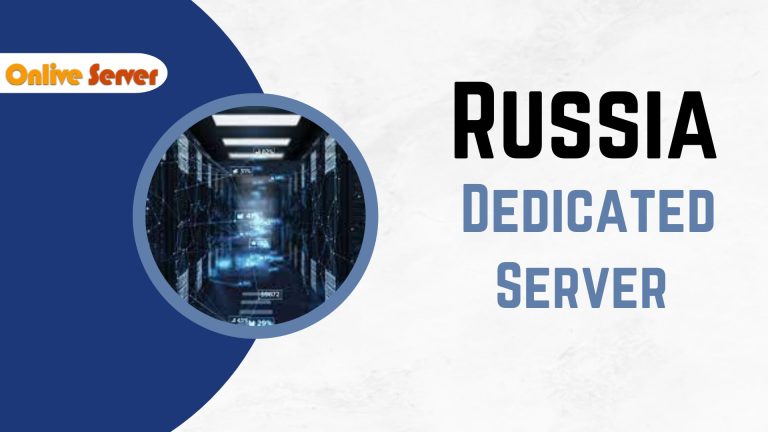Introduction to UK Dedicated Server
In today’s digital era, businesses and individuals rely heavily on websites and online services. Behind every successful website is a powerful and efficient web server. For those operating in the United Kingdom or targeting a UK-based audience, a UK Dedicated Server can significantly impact website performance, providing faster loading times and better user experiences. This article will guide you through the process of configuring your Best Dedicated Server for optimal performance.
Understanding Dedicated Servers
A Dedicated Server is a physical server entirely devoted to a single user or organization. Unlike shared hosting, where multiple websites share resources on the same server, a dedicated server offers exclusive access to all its resources. This exclusivity allows for better control, customization, and enhanced performance.
Benefits of a Cheap Dedicated Server
Opting for a Cheap Dedicated Server offers several advantages, especially if your target audience is based in the UK. Some key benefits include:
- Reduced Latency: Servers closer to your target audience result in reduced latency, leading to faster website loading times.
- Improved SEO Rankings: Search engines consider website speed as a ranking factor, and a Best Dedicated Server can positively influence your search engine rankings for UK-based searches.
- Enhanced Security: Dedicated servers offer a higher level of security compared to share hosting, reducing the risk of cyber attacks and data breaches.
- Customization Options: With a dedicated server, you have full control over server configurations, allowing you to tailor it to your specific needs.
- Greater Scalability: As your website grows, a dedicated server can easily accommodate increased traffic and resource demands.
Selecting the Right Hardware for Optimal Performance
To ensure your Cheap Dedicated Server performs optimally, selecting the right hardware is crucial. Consider the following components:
Processor– The CPU (Central Processing Unit) is the brain of your server. Opt for a powerful processor with multiple cores to handle simultaneous requests efficiently.
RAM– Random Access Memory (RAM) affects your server’s ability to handle multiple tasks simultaneously. Sufficient RAM ensures smooth performance, especially for resource-intensive applications.
Storage– Choose between HDD (Hard Disk Drive) and SSD (Solid State Drive) storage. SSDs provide faster data access, reducing loading times and improving overall server performance.
Bandwidth– Adequate bandwidth ensures smooth data transfer between your server and users, preventing bottlenecks and slowdowns during peak times.
Optimizing Server Settings
Once your server is set up, optimizing its settings is essential to achieve optimal performance. Consider the following aspects:
Network Configuration
Configure your network settings to ensure stable and fast internet connectivity. Implementing load balancing and redundant network connections can improve reliability.
Security Setup
Protect your server from potential threats by implementing robust security measures, such as firewalls, intrusion detection systems, and regular security audits.
Resource Management
Properly allocate resources to different applications and services running on your server to prevent resource conflicts and slowdowns.
Software Updates
Regularly update your server’s operating system, applications, and security patches to fix bugs, improve performance, and ensure optimal security.
Caching and Content Delivery Networks (CDNs)
Implementing caching mechanisms and utilizing Content Delivery Networks (CDNs) can dramatically improve website speed and performance for users across the UK and beyond.
Load Balancing and Fail over Solutions
For websites experiencing high traffic, load balancing distributes requests evenly across multiple servers, ensuring no single server becomes overwhelmed. Additionally, implementing fail over solutions provides backup options in case of server failures.
Monitoring and Performance Tuning
Continuously monitor your server’s performance and identify potential bottlenecks or issues. Regular performance tuning ensures your server operates at its best.
Backup and Disaster Recovery Plans
Implementing regular backups and a robust disaster recovery plan safeguards your data in the event of unforeseen incidents.
Security Measures for Cheap Dedicated Servers
Enhance the security of your Cheap Dedicated server with these measures:
Firewalls
Firewalls act as a barrier against unauthorized access and potential threats, ensuring your server remains protected.
SSL Certificates
SSL certificates encrypt data transmitted between your server and users, securing sensitive information and building trust with your audience.
Intrusion Detection Systems
Intrusion Detection Systems (IDS) actively monitor for suspicious activities and potential security breaches.
Regular Audits
Conduct regular security audits to identify vulnerabilities and take corrective actions promptly.
Conclusion
Configuring your UK Dedicated Server for optimal performance is essential to provide a seamless user experience and maintain a competitive edge. By selecting the right hardware, optimizing server settings, securing your server, and implementing website optimization techniques, you can ensure your website performs at its best for your UK-based audience.
FAQs
Q1. What is a dedicated server?
A Dedicated Server is a physical server exclusively used by a single user or organization, offering better performance, control, and security.
Q2. Why should I choose a Best Dedicated Server?
Opting for a Cheap Dedicated server reduces latency for UK-based users, improves SEO rankings, and provides better customization options.
Q3. How do I select the right hardware for my Best Dedicated server?
Consider factors like processor power, RAM capacity, storage type, and sufficient bandwidth to meet your performance requirements.
Q4. Which operating system is better for a dedicated server: Windows or Linux?
The choice depends on your familiarity and specific needs. Windows Server is user-friendly, while Linux-based systems offer stability and security.
Q5. How can I enhance my server’s security?
Implement firewalls, SSL certificates, intrusion detection systems, and conduct regular security audits to enhance your server’s security posture.







